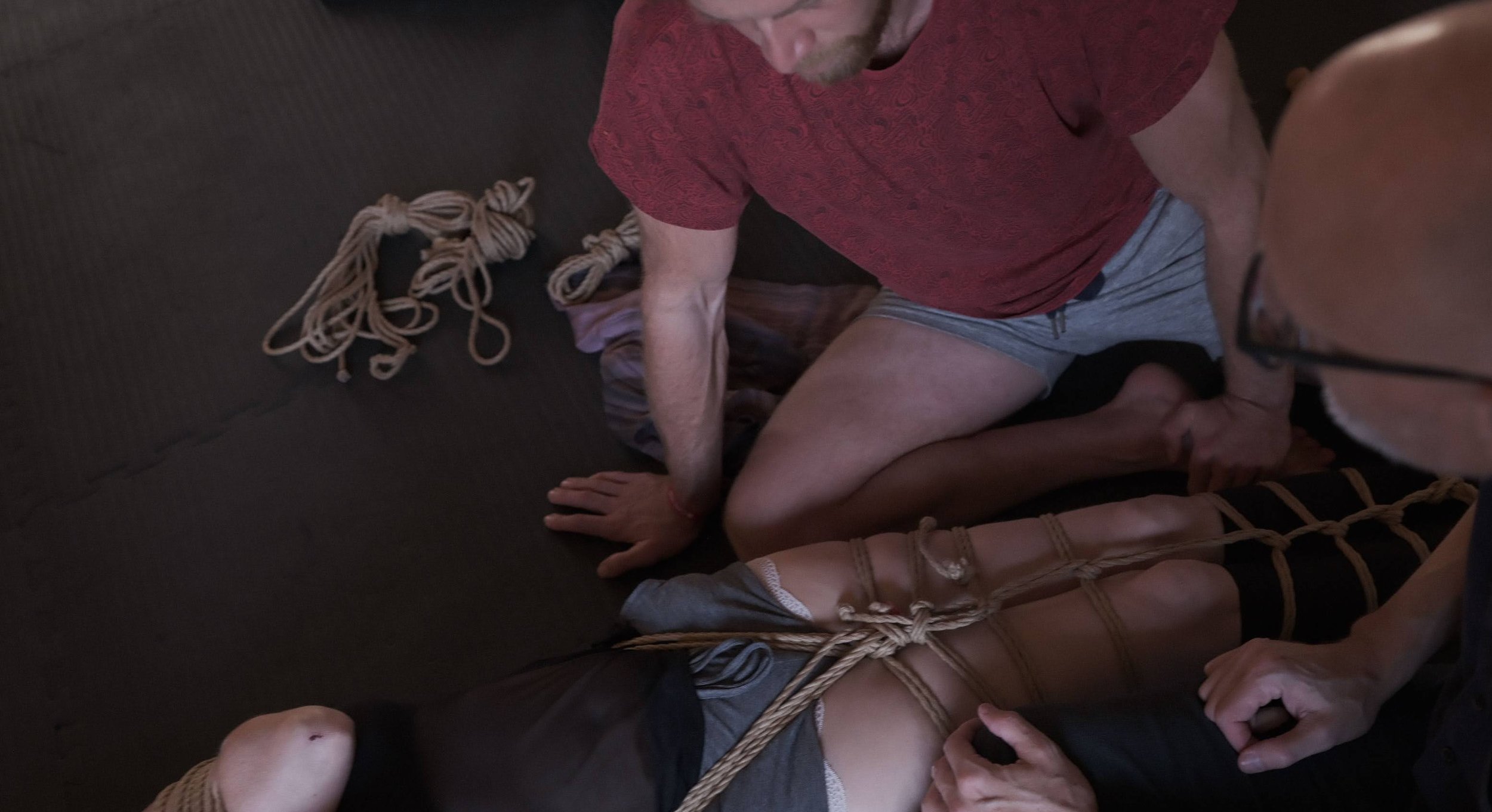
FACILITATOR
GUIDELINES
Code of Conduct for facilitation - the facilitator mindset
Creating a safe(r) space requires facilitators to be continuously self-aware, considerate, and committed to respect, consent, and inclusion for all the participants. To do so, we must:
Practice and communicate the general Code of Conduct.
Prioritise the awareness of and collective experience of the room.
Help make participants feel included, comfortable asking questions, and invited to communicate their needs.
Meet conflict and critique with care and curiosity instead of defensiveness. Feel free to ask for help from the rest of the crew and the COC team.
Consider the power imbalance between facilitator-participant interactions, even when you are not actively facilitating.
Frame exercises as consensual open invitations.
Refrain from straying into personal gratification or showmanship of skill.
Be mindful of participants' personal space and check in before engaging.
Be aware of and respect pronouns.
Make sure that you can exit any session immediately if anything comes up.
Offering a low-key try-out session with a participant can be okay if it supports the overall goal of the workshop. Still, facilitators should refrain from initiating contact regarding play-dates, both during facilitation and online immediately after, with people they don’t already know.
What you can expect from the facilitators:
House of Play's facilitators regularly discuss and develop a common practice around what constitutes good facilitation in the spaces while keeping respect for the many different formats happening. In short, you can expect the following from facilitators:
They will practise and communicate the general Code of Conduct.
They are there to make everyone else feel included, comfortable asking questions and invited to communicate their needs.
They will always be available to help you, and you can always reach out to them.
Every exercise they introduce will be an open invitation you are free to choose to participate in.
They will be mindful of pronouns and do their best to follow them.
They will be mindful of your personal space when teaching or demonstrating, and check in before engaging.
They are aware that you all have different levels of skill.
Know that the majority of the facilitators are volunteers doing this for the passion of sharing knowledge and creating informed communal practices around safe(r) play.
